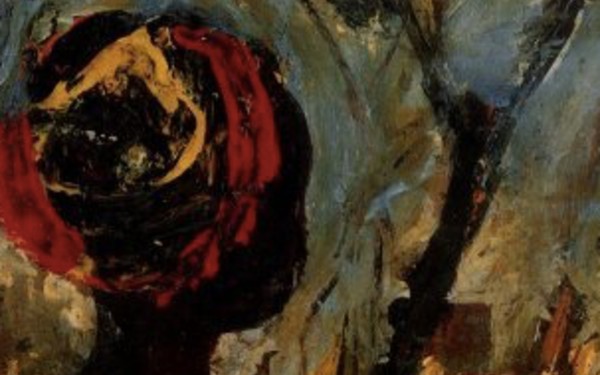Due to COVID-19, Spring 2021 courses will be offered in fully online, synchronous remote or hybrid formats. Please check OneStop in your myFIU to find the format for each course.
- ENC 3334: Introduction to Writing Studies
This course will allow students to explore and participate in ongoing debates in the field of writing studies. Students will explore questions such as: How do our personal, cultural experiences inform our identities as writers and communicators? Does writing include communicating with words, images, sound and/or body language? In what ways should the writing classroom embrace cultural and linguistic diversity? What are best practices for the teaching of writing?
Professor Christine Martorana
Fully online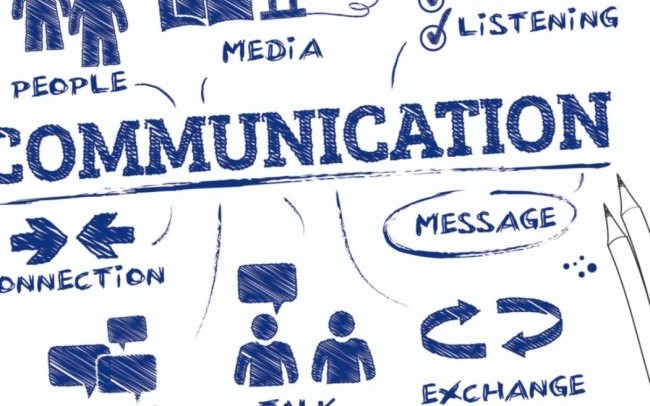
- ENC 3371: Rhetorical Theory and Practice
The course will help students better understand and effectively engage with writing and communication practices. Rhetorical theory informs the decisions writers, influencers and communicators make daily. Students will investigate their writing choices with an emphasis on their communities, looking at how issues of power affect rhetorical practices.
Professor Vernon Dickson
Hybrid/hyflex (BBC): Tuesdays and Thursdays, 9:30 - 10:45 a.m.
- ENC 4260-U01: Professional Editing
Students will learn core concepts of professional editing across a variety of contexts. Topics include editing for clarity and style, fact-checking, and (re)designing documents for print and web/mobile interfaces. These topics will intersect discussions of genre and media to produce an understanding of editing as robust and adaptable to a variety of 21st century written contexts.
Professor Michael Sohan
Fully online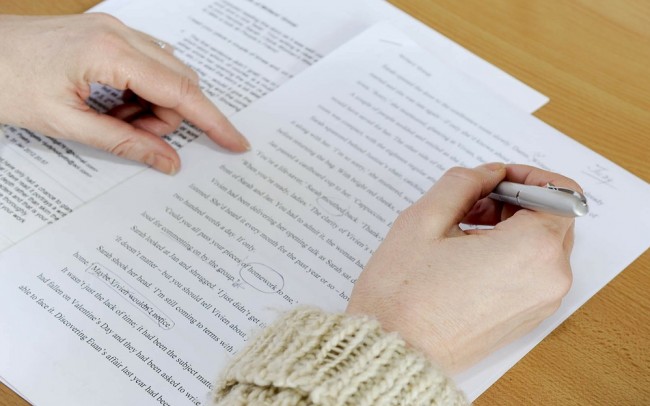
- ENC 4930-U02: Writing about Theatre and Performance
This course introduces students to academic and professional writing within the field of theatre and performance studies. Students will study a wide variety of performance pieces — from operas to plays to musical theatre — from many historical periods and artistic movements. Such work with theatre and performance will help students develop content knowledge to write from an informed and credible position.
Professor Justin Grant
Q/HyFlex, remote: Wednesdays, 3:30 - 6:15 p.m.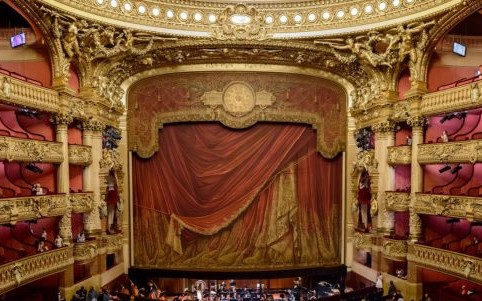
- ENL 4273: Studies in Modern British Literature
This course offers a selective study of post-modern authors who come from the margins of the former empire and whose characters exhibit a piercing sense of the bleak alternatives of post-modern society. It emphasizes the particular artistic and aesthetic concerns of the era and examines a variety of critical approaches that one may use to interpret individual works.
Professor Michael Gillespie
Remote: Tuesdays, 5:00 - 7:40 p.m.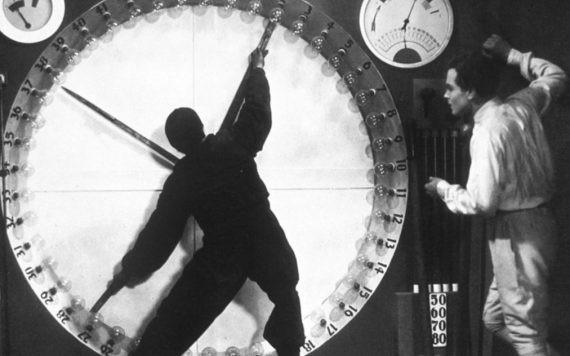
- ENL 4303: Jane Austen and the Brontës in Adaptation
his course will engage with major novels by Jane Austen, Emily Bronte and Charlotte Brontë, as well as reimaginings, continuations, inspired by texts and adaptations in text and film from the twentieth century to pursue these very questions. Get to know Jane Eyre, Lizzie Bennet, Emma Woodhouse and Catherine Earnshaw as you’ve never known them before—or for the very first time.
Professor Amy Kahrmann Huseby
Remote: Tuesdays and Thursdays, 11:00 a.m. - 12:15 p.m.
- IDH 3035: Cultures of the Anthropocene
The Anthropocene is recognized as a geological age in which human activity has become the dominant influence on climate and the environment. In this course, students will study the relationship between literature, art, film and the environment.
Professor Amy Kahrmann Huseby
Remote: Tuesdays and Thursdays, 2:00 - 3:15 p.m.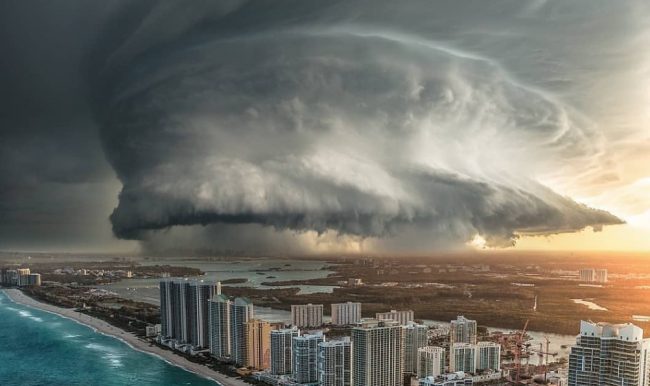
- LIT 3930: Representations of Evil from Satan to Psychopath
Students will examine Western European representations of evil in selected Biblical, theological, sociological and literary. They will use three frames-of-reference or world views of theology, existentialism and post-structuralism. The class will explore how the concept of evil becomes a means of making sense of human suffering. Evil is a broad and complex concept that exists within moral frames-of-reference that dominate various historical periods.
Professor Kenneth Johnson
Fully online
- LIT 4192: Major Caribbean Authors - History, Memory and the Re-Discovery of Caribbean Space
This course explores Pan-Caribbean literature through texts that narrate the coming-to-consciousness of protagonists living in spaces disturbed by alienating colonial/neocolonial legacies. The class will focus on Aimé Césaire, Paule Marshall, the television series “¿Qué Pasa, USA?”, Nicolás Guillén, Rosario Ferré, Edwidge Danticat and Ana Menéndez.
Professor Michael Grafals
Remote: Tuesdays and Thursdays, 11:00 a.m. - 12:15 p.m.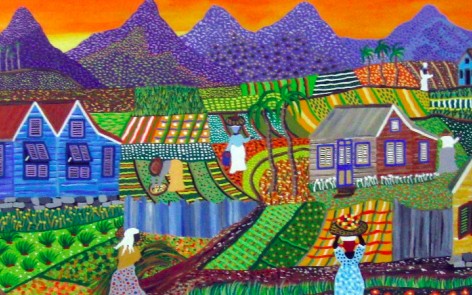
- LIT 4253: Literature of Exile
This course focuses on the creative process exiled writers employ when translating their exilic experiences into a work of art. The course explores writings by authors who never left their native land but felt compelled to apply the concept of exile as both a metaphor and theme in their artistic creations. Among the authors whose novels and short stories students examine are Joseph Conrad, Ana Menéndez, Milan Kun-dera, Vladimir Nabokov, I.B. Singer and Gail Tsukiyama.
Professor Asher Milbauer
Remote: Mondays, 6:25 - 9:05 p.m.
- LIT 4351: Major African Writers - Narrative Form and Postcolonial Identity
A central concern in postcolonial African fiction is the need to create a sense of identity against Western and colonialist discourses that threaten the flourishing of African identities. But narratives that construct African identity also come up against ambiguities and tensions of class and gender differences embedded within national identities. This course surveys African literature by focusing on fictions that negotiate the complexity and ambiguity of African identity in a postcolonial context.
Professor Michael Grafals
Remote: Tuesdays and Thursdays, 2:00 - 3:15 p.m.